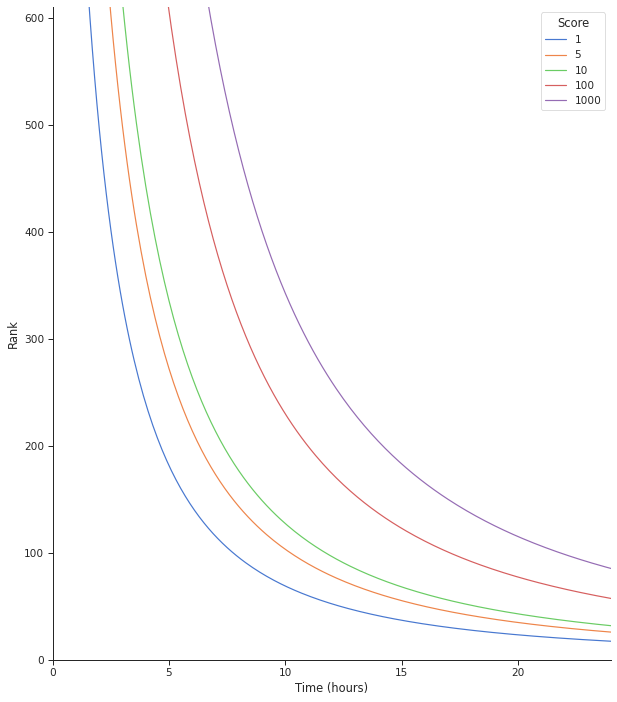

I agree that these changes have all been incredibly stupid and devalue one of the few remaining producers of quality TV (HBO), but I think that this is missing the point. The key is this:
Notably, the loss in subscribers didn’t seem to affect streaming revenue. It grew to $2.73 billion this quarter, marking a 13 percent increase.
In other words, fill up the service with cheap / easy to produce reality crap and hike up prices over time. Revenue goes up and costs go way down. People drift away but you keep growing the bottom line, at least for now. The shareholders rejoice and the consumers lose.







A farmer coughs in your face, and then you slowly get sick and eventually die.